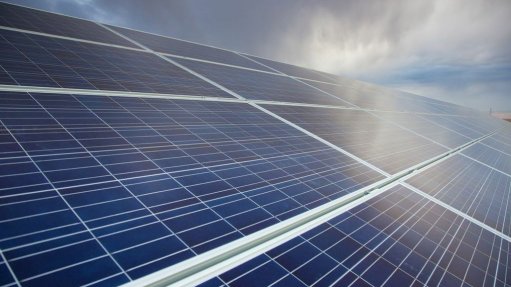
Manufacturers in the solar energy field have called for incentives, such as tax breaks or subsidies, to offset the cost of local-content requirements.
Solar industry executives have told the Solar Indaba, in Cape Town, this week, that some local components cost nearly double that of imported components.
The Department of Energy stipulates that a certain amount of money on each project needs to be spent on South African products and in the South African communities in which these renewable-energy projects are based.
Manufacturers agreed that it was important to build the local manufacturing industry in South Africa, but said that this needed to be sustainable. They suggested that manufacturers should be incentivised if the government wanted to increase job creation and investment through renewable energy.
California-based global solar solutions company SunEdison South African manager Vignesh Nandakumar said South Africa should consider providing incentives, such as is done in India and China.
He added that it was also important to expand the market into sub-Saharan Africa, where potential was high, but access to renewable energy was still low. “Sub-Saharan Africa is still using a lot of diesel. Solar can be very effective.”
South African Photovoltaic Industry Association spokesperson Chris Haw noted that there were areas where costs could be reduced, including through the provision of tax breaks. He added that the Industrial Development Corporation (IDC) also offered good financing terms, which companies should take note of.
“The IDC has very competitive rates if you have local content.”
The financing costs of renewable energy in South Africa are considered to be much higher than in Europe, where technologies are more commonplace and there is less risk.
“We’ve seen a drastic change in financing from round one to round three [of government’s Renewable Energy Independent Power Producer Procurement Programme], but the costs are still high compared to global markets,” said Nandakumar.
He added that performance should be benchmarked, while companies should engage more on how plants could be run more efficiently.